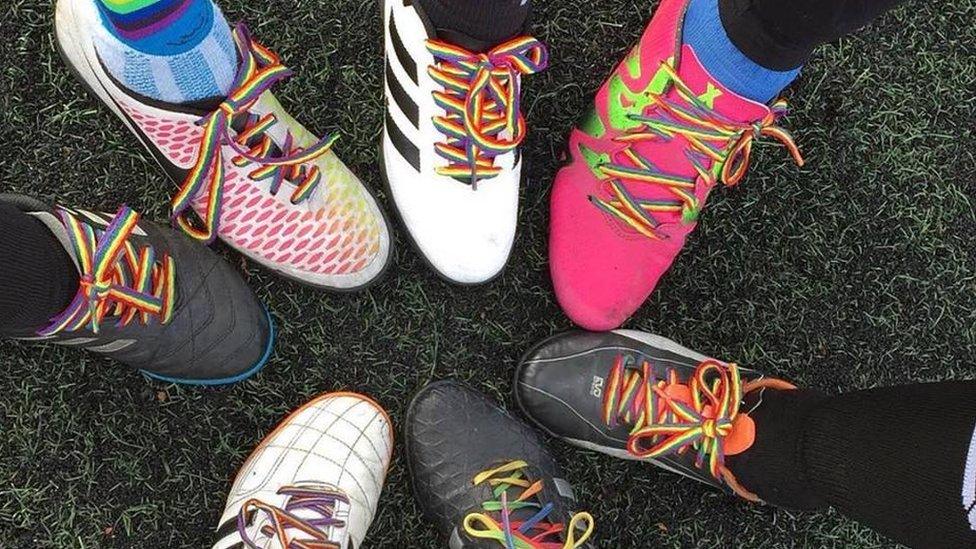Scott Johnson death: It's 'inconceivable' my brother killed himself
- Published
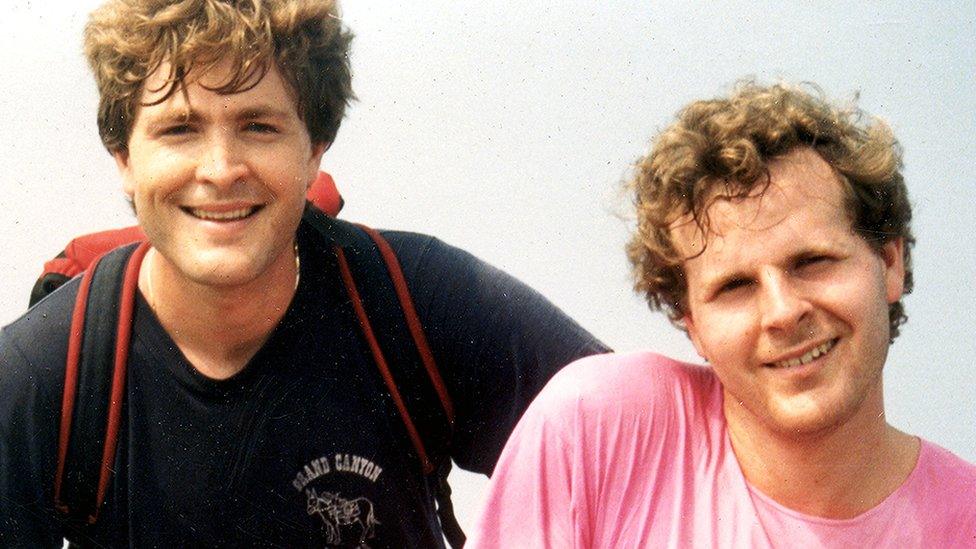
Steve (left) has spent 30 years trying to find out the truth about his brother Scott's death
Australian police have offered a $1m (£570,000) reward for information leading to a conviction for the murder of Scott Johnson.
Other than the size of the reward, what makes the case stand out is that the 27-year-old University of Cambridge student was killed 30 years ago.
His naked body was found at the bottom of North Head cliffs, a well known gay cruising ground in Sydney at the time.
In 1988, police ruled his death was suicide - something his family never believed.
It's now thought Scott's death wasn't an isolated case.
"It was inconceivable to me that Scott went somewhere and jumped off a cliff," says his brother Steve, who's been campaigning for the truth.
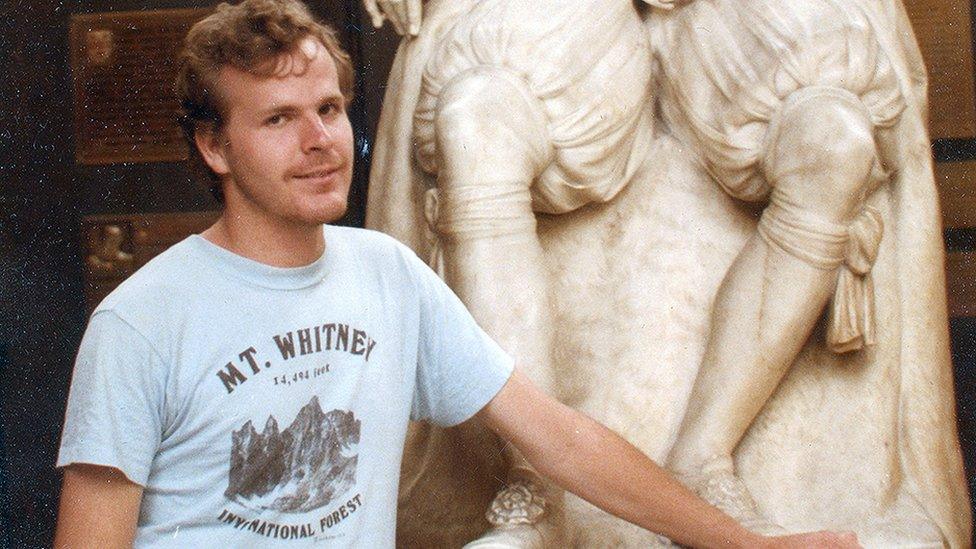
Scott moved to Australia in 1986 to be with a man he met at Cambridge University
"The coroner quickly determined suicide, which is what the police told them," Steve says.
"There was no investigation whatsoever and that was in 1989. It was the end of the story."
What's happened in the years since?
In both 2012 and 2015, new coroners requested the case be re-opened. On both occasions police found nothing to convince them Scott hadn't taken his own life.
But in November 2017 a coroner ruled Scott had been murdered by a gay hate gang,, external which led to a new investigation.
It's now estimated up to 80 gay men were murdered, external by homophobic gangs in and around Sydney in the late eighties - with many pushed off cliffs.
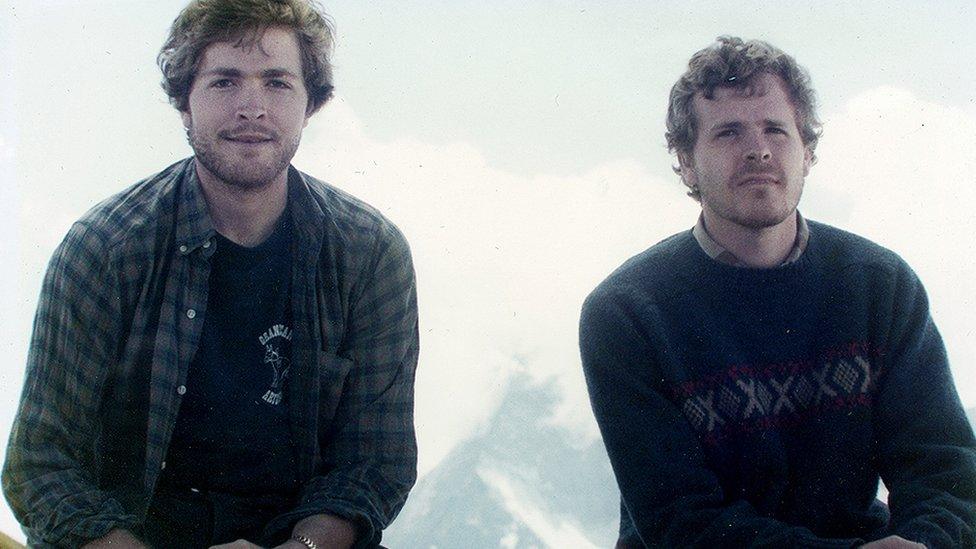
"Scott was, for his supreme intellectual gifts, the most modest person I've ever met," says Steve
In 2005 Steve says he became aware of inquests into similar deaths of gay men at Bondi Beach in Sydney - the moment when he says he "woke up" to what might have happened to his younger brother.
When local police showed little interest in re-opening Scott's case, Steve hired an investigator who uncovered court records of gangs who roamed northern beaches in Sydney at the time committing assaults against gay men.
'Dozens of people could know what happened to Scott'
Steve doesn't expect the new reward and investigation to prompt witnesses who saw Scott fall, but instead hopes people who knew about gang activities will come forward.
"These attacks generally were something that the gangs would brag about," says Steve.
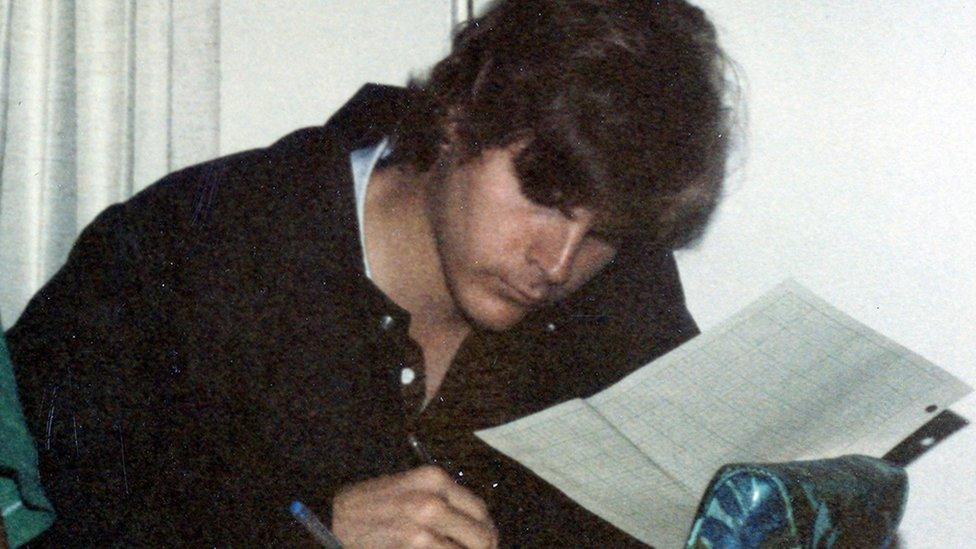
Scott was believed to have been on the verge of completing his PhD when his body was found
"They were not private affairs done in secret, these were attacks the gangs would go into the bars afterwards and tip a few beers after bashing gays.
"So there may be dozens of people who may know what happened to Scott."
The previous reward of $100,000 (£57,000) was upped to one million on 9 December 2018.
Steve describes Scott, who was a maths PhD student, as "one of the most gifted of his generation". He believes he was just days away from having "clinched" his doctorate when he died.
Police say they are 'embarrassed' by the case
New South Wales Police Commissioner Mick Fuller now says Scott's death was one of the most challenging cases he's ever worked on, external - mostly because no-one was willing to talk about his murder.
"It's horrendous to believe that these people are still out in our community existing, living free, while Scott has died a terrible death some years ago," Commissioner Fuller said, according local news., external
"We should all be embarrassed about that time."
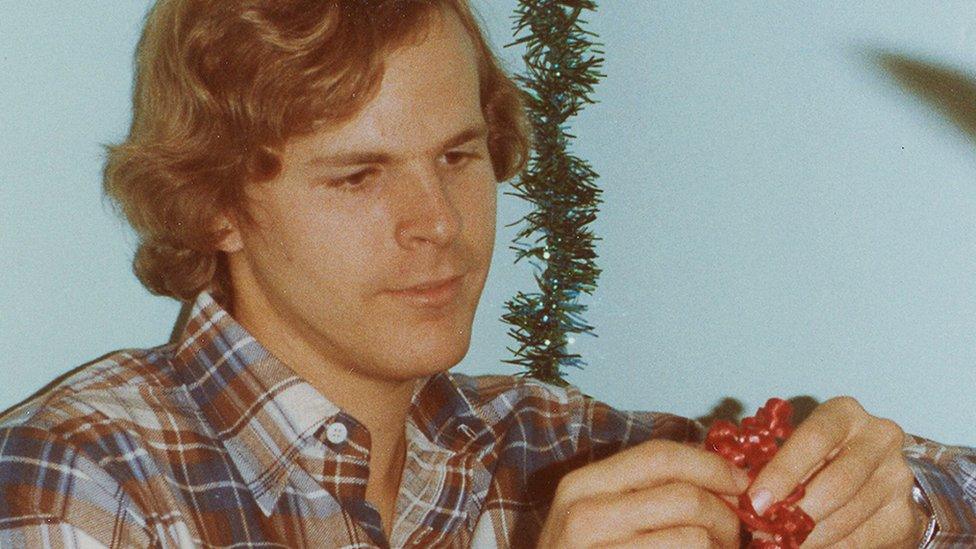
Steve says he spent summers with his brother travelling, reading philosophy and doing maths together
After years without the apparent support of New South Wales police, Steve says this new interest is "extraordinary."
"He really, for the first time, apologised for dozens of cases that are still unsolved of gay men who died in the same era," says Steve.
"He took responsibility."
Why has it taken so long?
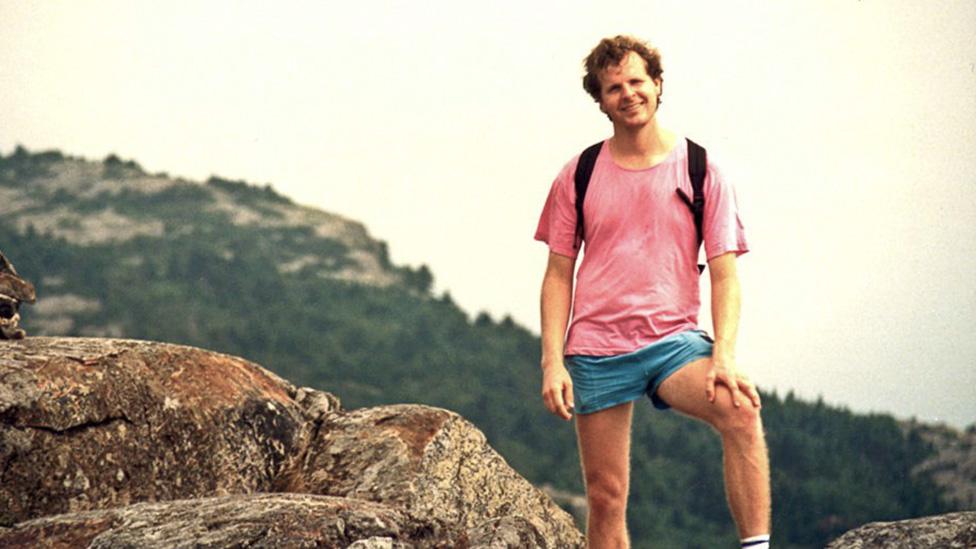
Steve describes the recent actions of New South Wales police as an "extraordinary turnaround"
Scott moved from the US to Australia in 1986 because, at the time, domestic partnership laws (similar to civil partnership) were some of the best in the world.
But homosexuality had only been decriminalised in New South Wales in 1984 and Steve believes police did not take hate crimes seriously at the time of his brother's death.
"The gay community were second class citizens. They weren't well protected," says Steve.
"The gangs would attack these cruising areas because they knew the police wouldn't come after them.
"They also knew that the gay community were afraid of the police, so they wouldn't come and report the crimes.
"It's pretty well known that the attacks against gay people were grossly under-reported."
He adds: "I'm hopeful that the progress we're making here will also encourage the police to investigate these dozens of other cases that need to be investigated."
Follow Newsbeat on Instagram, external, Facebook, external and Twitter, external.
Listen to Newsbeat live at 12:45 and 17:45 every weekday on BBC Radio 1 and 1Xtra - if you miss us you can listen back here.
- Published13 July 2018
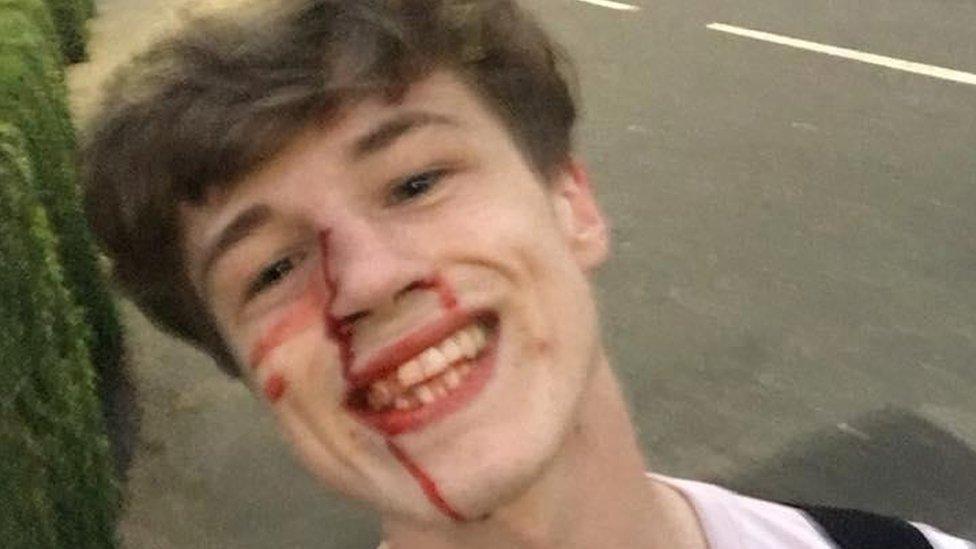
- Published13 October 2018
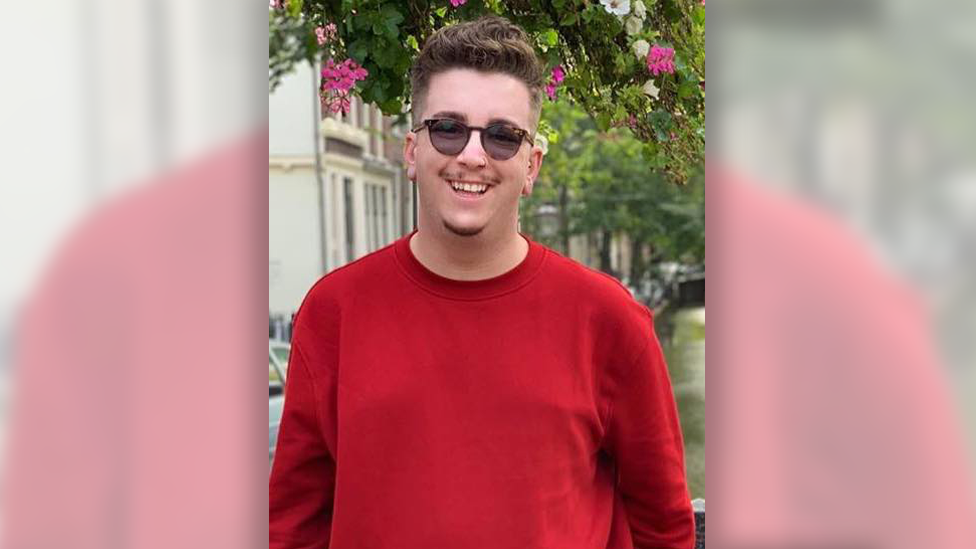
- Published29 October 2018
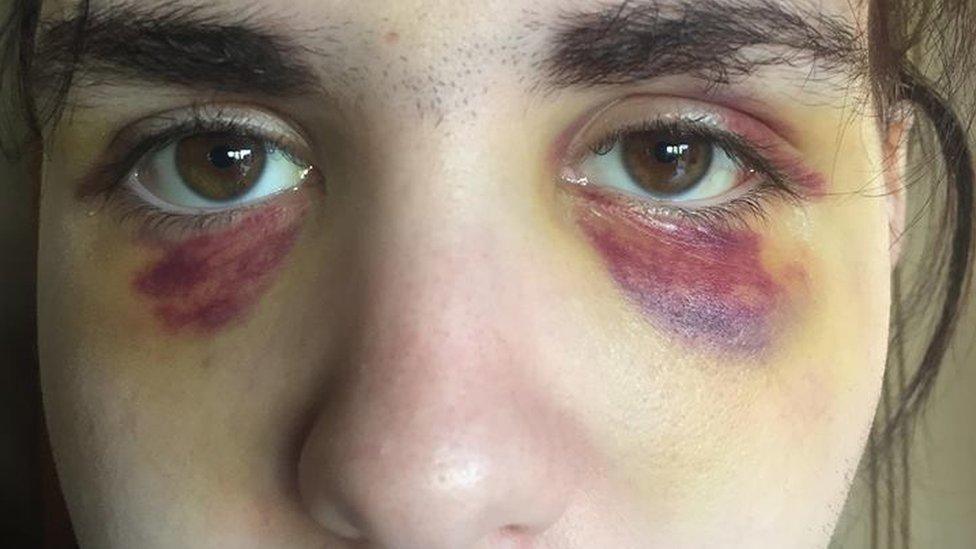
- Published29 August 2018
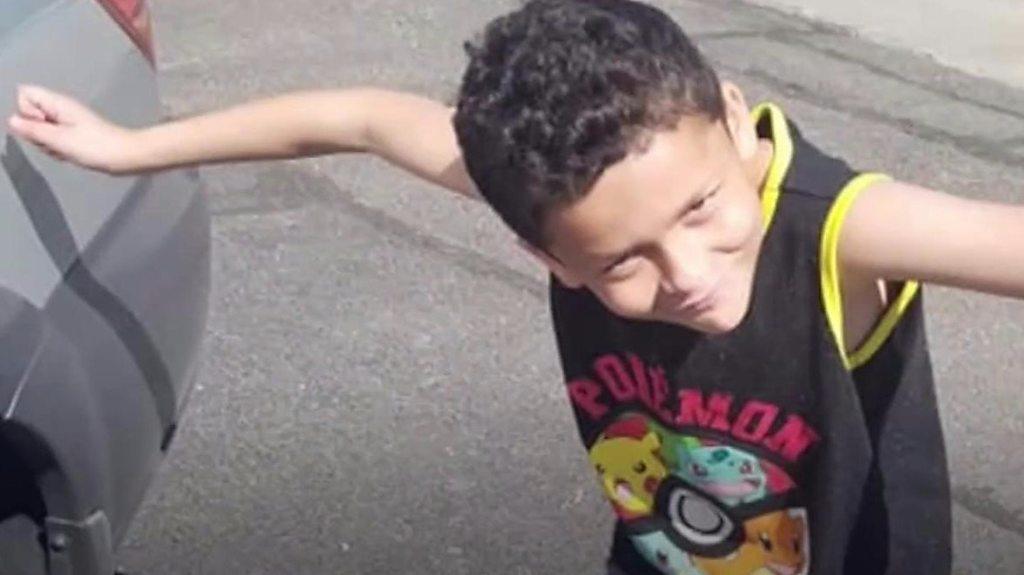
- Published3 July 2018
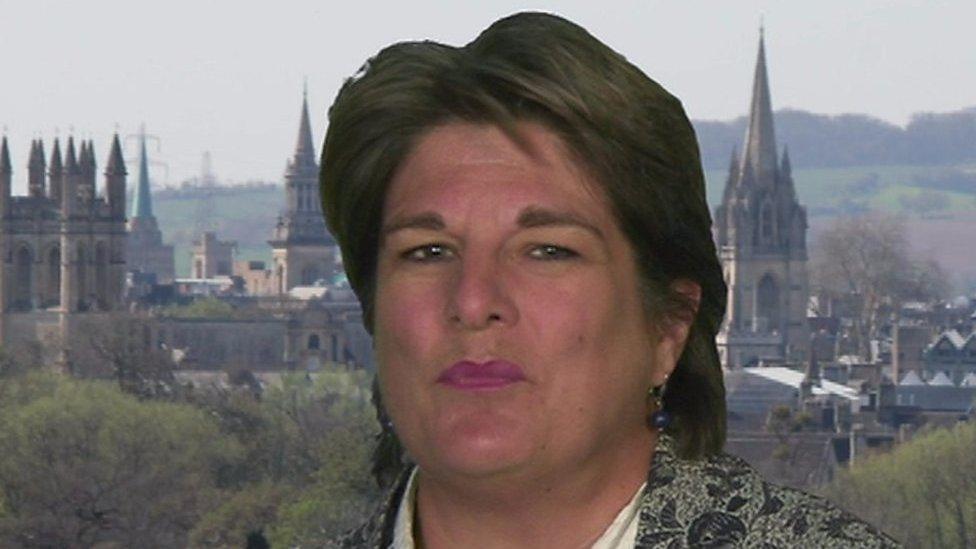
- Published9 December 2018
